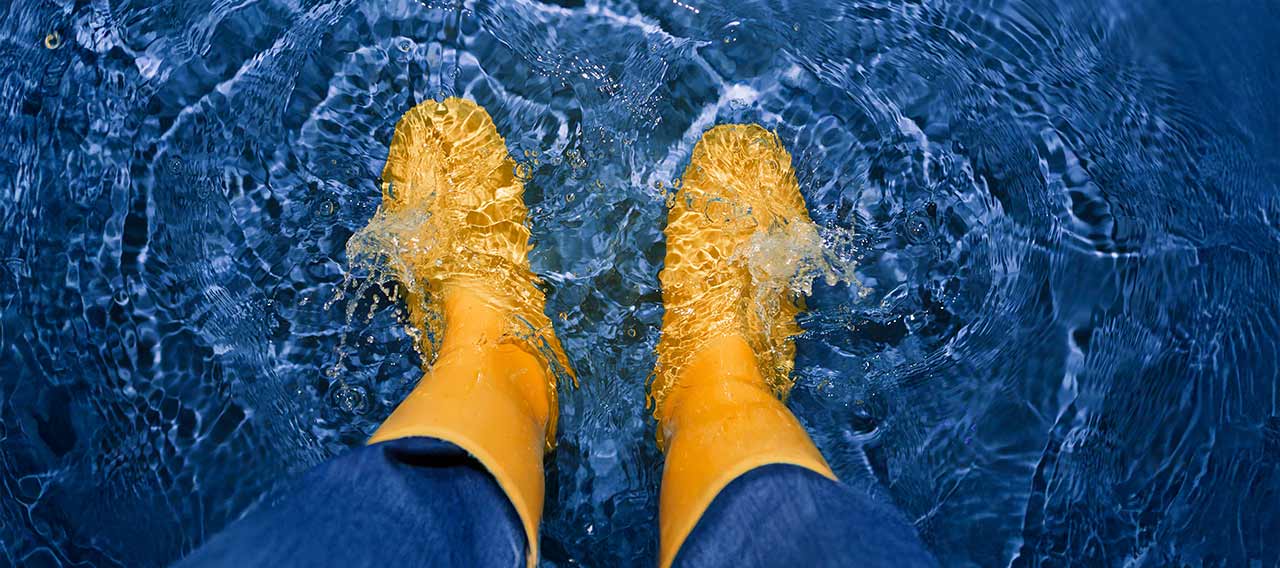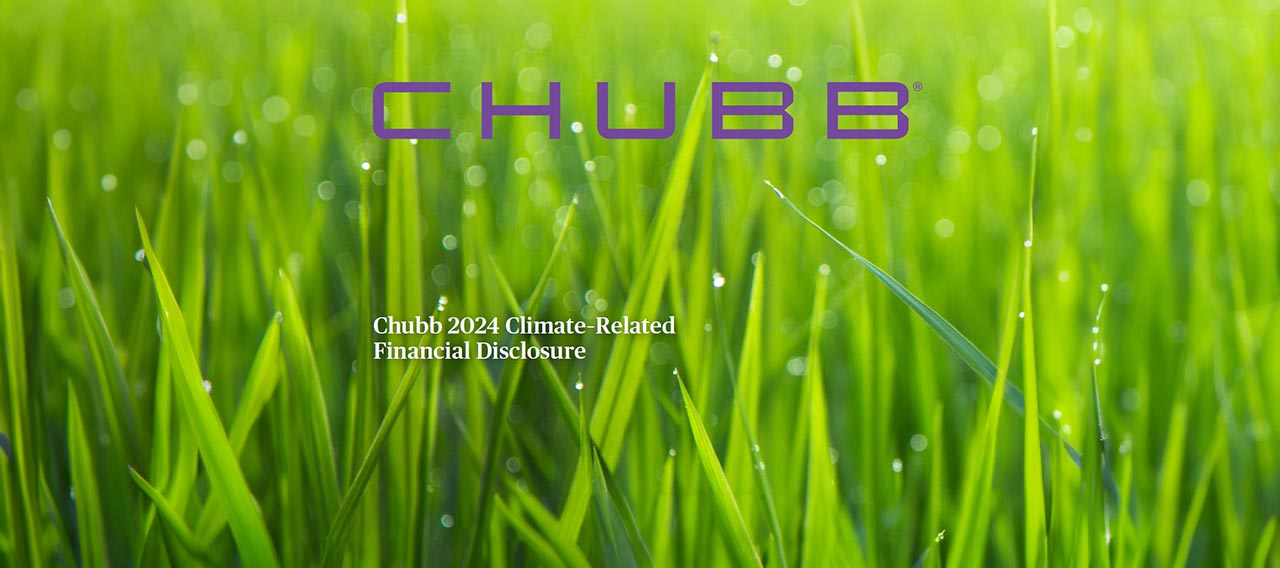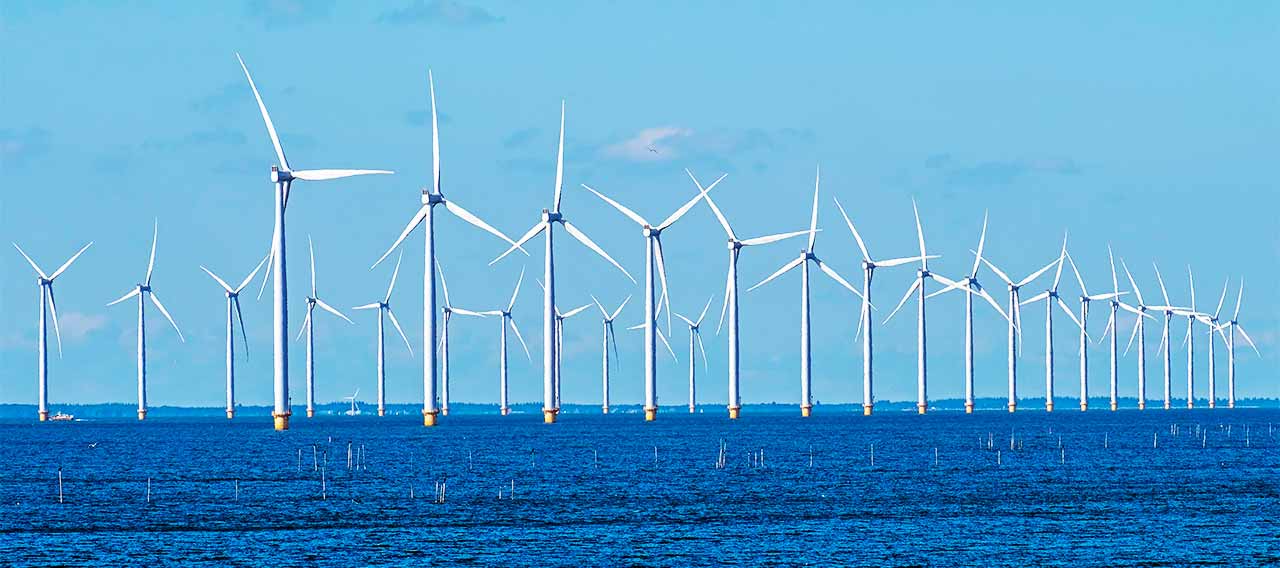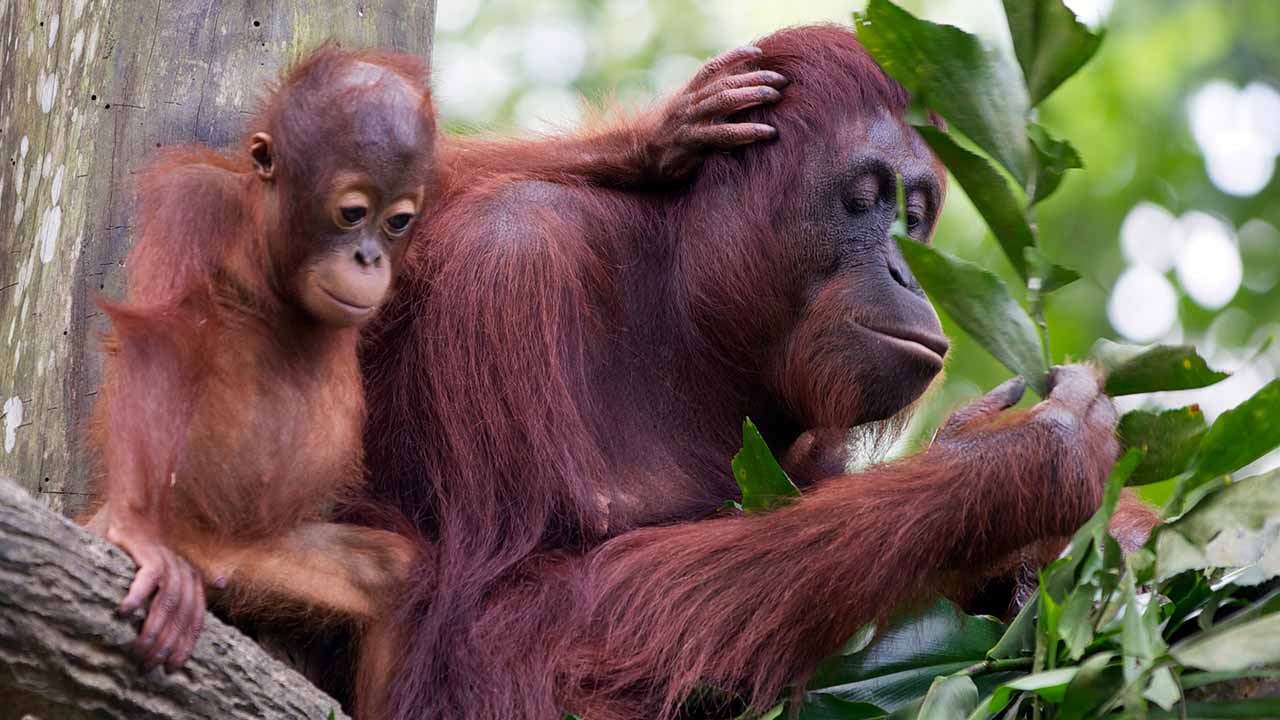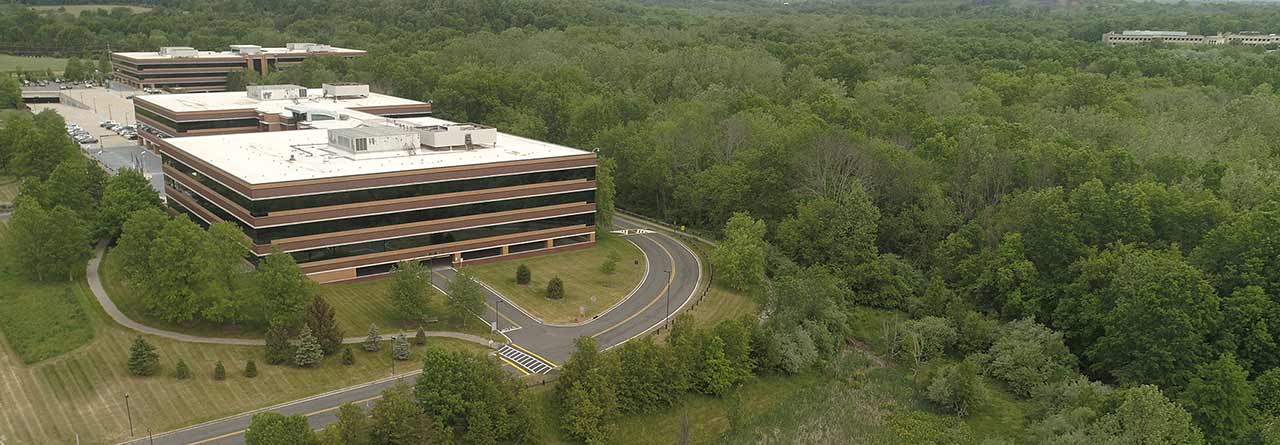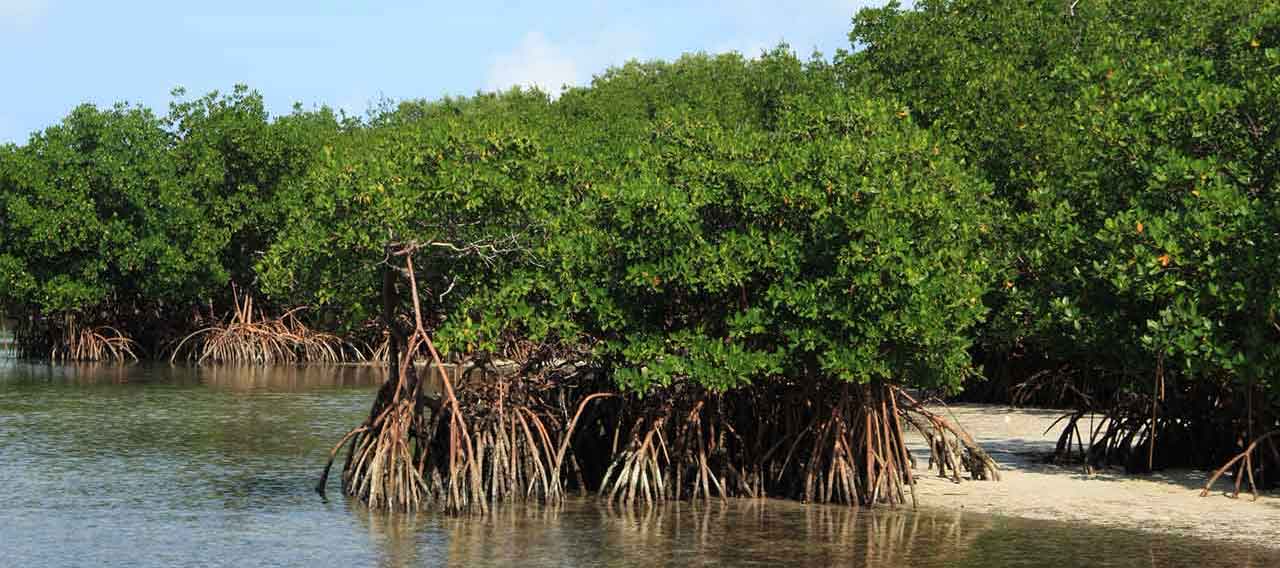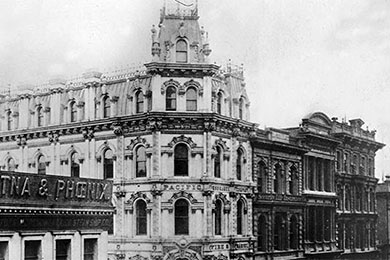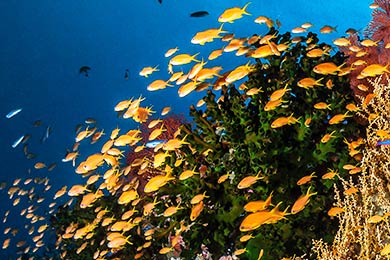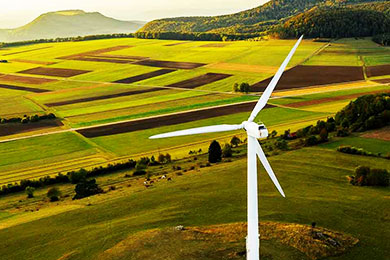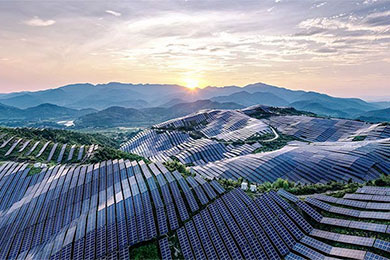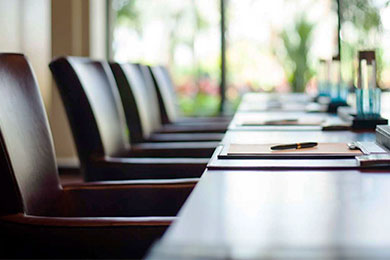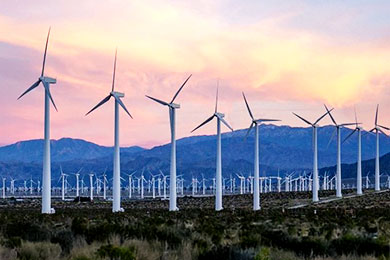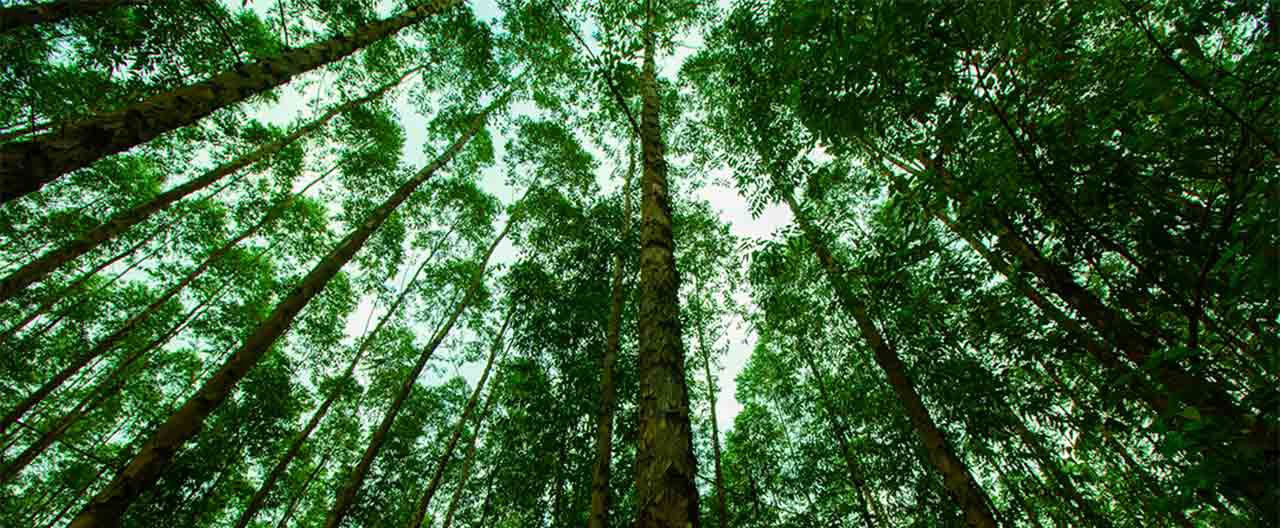Chubb partners with American Forests to support reforestation efforts across the country.
From supporting planting projects in native woodland landscapes across North America to restoring habitats for threatened wildlife, we are committed to helping bring our forests back to life.
In 2008, Chubb pledged to plant one tree for every new environmental policy written globally. Since our initial pledge, and to date, we’ve planted more than 308,000 trees through American Forests, the oldest national nonprofit conservation organization.
Chubb has supported numerous high-impact planting projects with American Forests’ Resilient Forests program, including:
Kirtland’s Warbler Recovery: American Forests has planted more than 6.8 million jack pines in Kirtland’s warbler habitat in Michigan, Wisconsin and Ontario. These trees are a crucial nesting spot for the Kirtland’s warbler, a half-ounce Michigan native bird distinguished by the blotch of yellow on its belly. These plantings have contributed to a huge payoff: Conservation efforts over several decades have expanded the warbler's population from approximately 400 to more than 4,000 birds. Along with Michigan state agencies and the U.S. Forest Service, Chubb has contributed to efforts to bring this species back from the brink of extinction.
Burnt Beam Sheep Gap Fire Restoration: This reforestation work in Flathead National Forest in western Montana involved planting 97,000 trees in several areas. The plantings have helped to restore forest habitat for elk, deer and endangered grizzlies, as well as improve stream health for threatened bull trout.
Mountain Communities Wildfire Relief: American Forests has been restoring wildfire-ravaged forests across California's San Bernardino Mountains for nearly two decades. Chubb has helped plant a variety of Jeffery pine, Ponderosa pine, sugar pine, Douglas-fir and big cone Douglas-fir.
Florida Forest Service: Endangered red-cockaded woodpeckers once blanketed 90 million acres across the southeastern United States. Now, more than 97% of the bird’s habitat has been lost to agriculture, development and the suppression of natural, low-intensity wildfires. In 2021, slash pine seedlings were planted in four state forests in Florida, restoring habitat for red-cockaded woodpeckers and other rare species such as gopher tortoises and indigo snakes.
Annually, forests and forest products capture more than 16% of the country’s carbon emissions from burning fossil fuels. According to American Forests, these wooded areas can capture nearly twice the emissions if more trees are planted, and if new reforestation policies are put in place to help forests better withstand climate change.
“In addition to helping mitigate the effects of climate change, forests are a major contributor to clean water supplies for tens of thousands of people,” said Jad Daley, President and CEO of American Forests. ”More than half of America’s drinking water comes from the streams and rivers that are replenished by the rainfall that’s absorbed, sponge-like, by our nation’s forests.”
"Chubb is incredibly proud to support the American Forests and their mission to protect and restore threatened forest ecosystems," said Craig Richardson, Executive Vice President, Chubb Environmental. “Throughout our country and beyond, there’s a critical need. Donating trees and helping support reforestation research can make a huge difference. Promoting the stewardship of our planet is a core principle for all of us at Chubb Environmental.”
